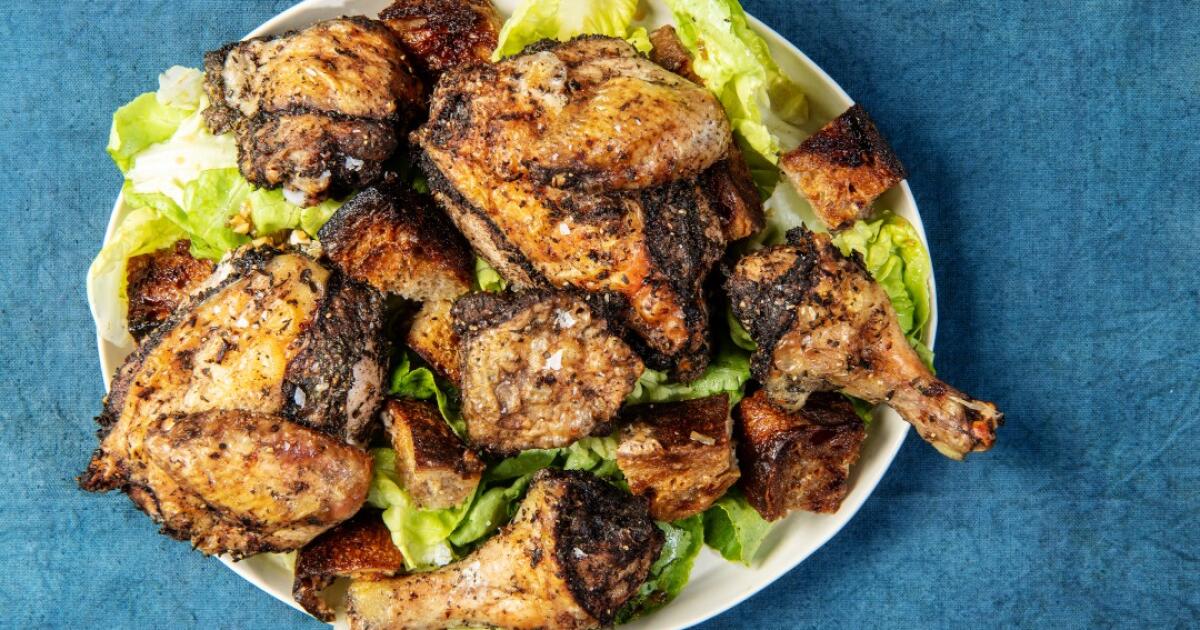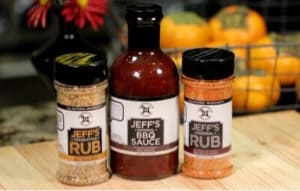calling all brisket gurus --
so, i'm doing 2 briskets this weekend - they're thawing in the fridge as i type this. thinking about dry brining them before the cook. have questions, though... like... do i dry brine with just salt then add my rub spices (maybe with a binder) just before putting them on... or do i add the salt to the rub and just do it all at once? do i add a light dusting just before putting it on the pit?
anyone tried this? last time i did brisket my guests said that it's maybe the best they've ever had... but then... i live near st louis, so that's setting the bar pretty low as far as bbq goes...
and now, for the gratuitous picture of the meat ... because ... you know ... pictures or it didn't happen, right?

so, i'm doing 2 briskets this weekend - they're thawing in the fridge as i type this. thinking about dry brining them before the cook. have questions, though... like... do i dry brine with just salt then add my rub spices (maybe with a binder) just before putting them on... or do i add the salt to the rub and just do it all at once? do i add a light dusting just before putting it on the pit?
anyone tried this? last time i did brisket my guests said that it's maybe the best they've ever had... but then... i live near st louis, so that's setting the bar pretty low as far as bbq goes...
and now, for the gratuitous picture of the meat ... because ... you know ... pictures or it didn't happen, right?





